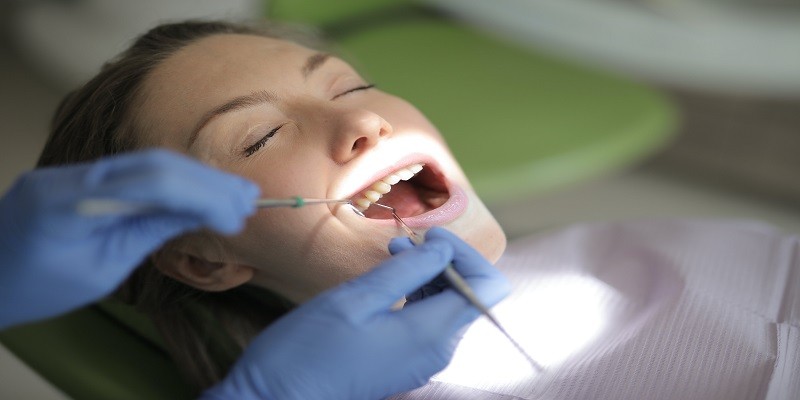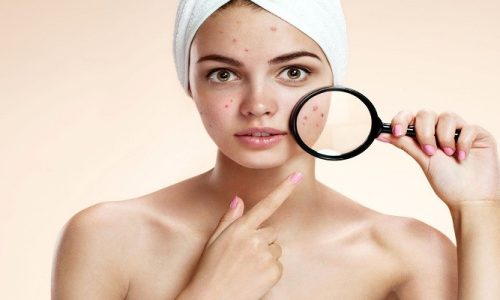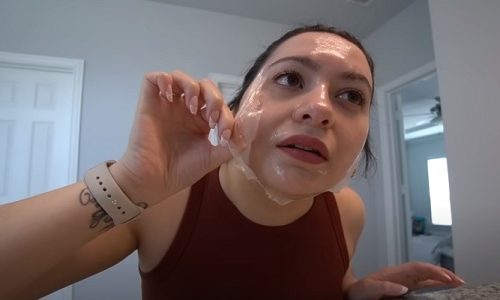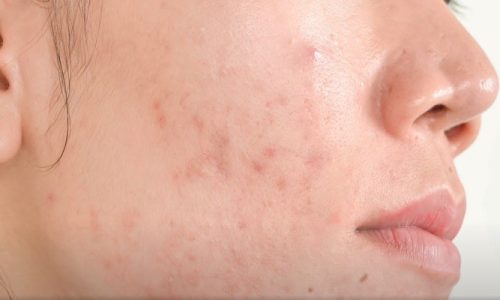Peeling skin inside the mouth can be an uncomfortable and concerning issue. This phenomenon, known as oral mucosa peeling, can affect various parts of the mouth, including the cheeks, lips, gums, and tongue. Understanding the causes, symptoms, and treatments for this condition is essential for maintaining good oral health. This article explores the common causes of skin peeling inside the mouth and provides practical advice on how to manage and prevent it.
Common Causes of Mouth Peeling
Hot Fluids and Foods
One of the most common causes of mucosal peeling is the consumption of hot fluids and foods. When you consume something excessively hot, it can cause thermal burns to the delicate tissues inside your mouth, leading to peeling. Repeated exposure to hot substances can exacerbate the issue, potentially leading to ulcers.
Chemical Irritation
Chemicals present in certain medications, beverages, and oral care products can irritate the oral mucosa. For instance, aspirin and other non-steroidal anti-inflammatory drugs (NSAIDs) are known to cause mucosal damage. Additionally, toothpaste containing Sodium Lauryl Sulfate (SLS) can lead to peeling in sensitive individuals.
Autoimmune Diseases
Autoimmune diseases, such as lichen planus and pemphigus vulgaris, can cause the immune system to attack the body’s own tissues, including those in the mouth. This can result in painful sores and peeling of the oral mucosa. These conditions require medical diagnosis and treatment.
Allergic Reactions
Allergic reactions to certain foods, medications, or oral care products can trigger peeling inside the mouth. Common allergens include acidic fruits, cinnamon-flavored products, and some antibiotics. Identifying and avoiding these allergens is crucial for managing the condition.
Infections
Various infections, including fungal infections like oral thrush (caused by Candida albicans) and viral infections such as herpes simplex virus (HSV), can lead to peeling and scaling within the oral cavity. These infections often present with additional symptoms like white patches, pain, and discomfort.
Dry Mouth (Xerostomia)
A persistently dry mouth, often caused by reduced saliva production, can make the oral tissues more vulnerable to irritation and damage. This condition can result from certain medications, dehydration, or medical conditions like Sjögren’s syndrome. Staying hydrated and using saliva substitutes can help alleviate the symptoms.
Nutritional Deficiencies
Deficiencies in essential vitamins and minerals, particularly B vitamins and iron, can negatively impact oral health and contribute to mucosal peeling. Maintaining a balanced diet rich in these nutrients is vital for preventing and managing this issue.
Oral Trauma
Trauma or injury to the oral mucosa, such as accidental biting, aggressive brushing, or chewing on hard objects, can cause the delicate tissues to peel. Being mindful of these habits and using gentle oral care products can help prevent such injuries.
Potential Health Concerns
While most cases of mouth peeling are harmless and temporary, persistent peeling might signal an underlying health issue. Conditions like oral thrush, allergies, or vitamin deficiencies can be the main culprits. It is essential to be aware of possible health concerns and seek medical attention if necessary.
Oral Thrush
Oral thrush, a fungal infection caused by Candida, can lead to mucosal peeling. If you notice white patches along with peeling, it is advisable to seek medical attention for appropriate antifungal treatment.
Lichen Planus
Lichen planus is an inflammatory condition that can affect the oral mucosa, leading to peeling, white patches, or sores. Consulting a healthcare practitioner for a proper diagnosis and treatment is crucial.
Vitamin Deficiencies
Deficiencies in essential vitamins, particularly B vitamins, can affect oral health and contribute to mucosal peeling. Ensuring a balanced diet and possibly taking supplements can address this concern.
How to Stop Skin Peeling Inside the Mouth
When dealing with skin peeling inside the mouth, it is necessary to understand its cause. Here are some practical steps to manage and prevent this issue:
Stay Hydrated
Ensure you drink enough water throughout the day to keep your mouth moist. Dehydration can contribute to dryness and peeling, so staying hydrated is essential.
Avoid Irritants
Limit exposure to substances that may irritate the skin inside your mouth, such as tobacco smoke, spicy foods, and harsh oral care products. Switching to gentle, alcohol-free oral hygiene products can help reduce irritation.
Practice Good Oral Hygiene
Maintaining a good oral hygiene routine, including regular brushing and flossing, can help reduce the risk of irritation and peeling inside your mouth. Use a soft-bristled toothbrush and gentle toothpaste to avoid trauma to the oral tissues.
Identify and Avoid Triggers
If you notice a pattern between certain foods or activities and peeling skin inside your mouth, try to identify triggers and avoid them whenever possible. This can help prevent further irritation and peeling.
Moisturize
Use lip balms or moisturizers specifically designed for use in the mouth to keep the skin hydrated and prevent dryness. Applying a thin layer of petroleum jelly or a moisturizing lip balm to the affected areas can help.
When to Consult Professionals
If the skin peeling inside your mouth persists for more than two weeks despite home remedies or over-the-counter treatments, it is advisable to seek professional medical advice. Additionally, if you experience painful sores, ulcers, or other concerning symptoms, consulting a healthcare professional is essential for a proper diagnosis and treatment.
Conclusion
Peeling skin inside the mouth can be caused by various factors, including hot fluids, chemical irritation, autoimmune diseases, allergies, infections, dry mouth, nutritional deficiencies, and oral trauma. While most cases are harmless and temporary, persistent peeling may indicate an underlying health issue that requires medical attention. By understanding the common causes and taking preventive measures, you can maintain a healthy oral environment and reduce the risk of mucosal peeling. If concerns remain or symptoms worsen, seeking professional medical guidance ensures a comprehensive evaluation and appropriate treatment.
FAQs
Why is skin peeling off inside my mouth?
Skin peeling inside the mouth can result from various factors, including irritation from hot or spicy foods, harsh dental care products, vitamin deficiencies, or autoimmune diseases. It can also be caused by oral conditions like thrush or lichen planus, and physical trauma such as cheek biting or poorly fitting dental appliances.
What is the white film in my mouth peeling?
The white film peeling in your mouth is often a sign of oral mucosal sloughing, which can result from irritation caused by harsh dental care products, nutrient deficiencies, or medical conditions like oral thrush or lichen planus. This film can sometimes be wiped away, revealing red, raw skin underneath.
Is it normal for gums to peel?
While occasional gum peeling can occur due to minor irritations, persistent or severe peeling is not normal and may indicate underlying issues such as gum disease, reactions to dental care products, or systemic health conditions. It is advisable to consult a dentist if you experience continuous gum peeling.
What are the common causes of mouth peeling?
Common causes of mouth peeling include irritation from hot or spicy foods, harsh dental care products containing sodium lauryl sulfate, vitamin deficiencies, autoimmune diseases, oral infections like thrush, and physical trauma such as cheek biting or poorly fitting dental appliances.
How can I prevent mouth peeling?
To prevent mouth peeling, maintain good oral hygiene, stay hydrated, avoid irritants like spicy or acidic foods, and use gentle dental care products free of harsh chemicals like sodium lauryl sulfate. Regular dental check-ups can help identify and address any underlying issues early.







